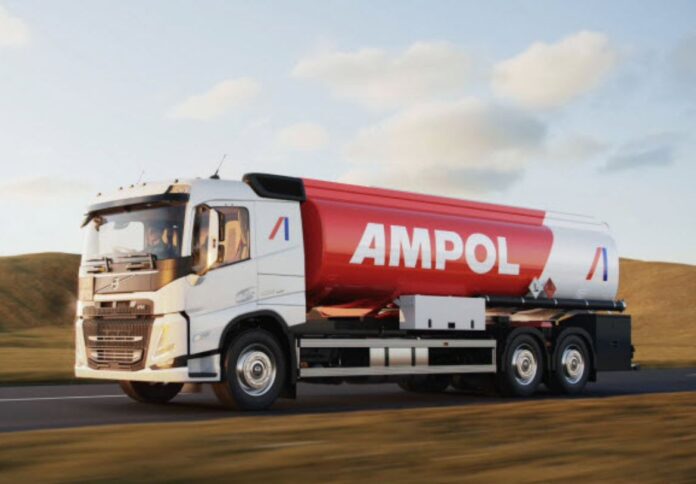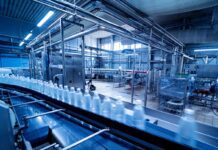
Australian petroleum company Ampol has partnered with Japan’s ENEOS to explore advanced biofuel production in Brisbane, bringing Queensland one step closer to becoming Australia’s hub for sustainable aviation fuel (SAF).
In a memorandum of understanding signed with the Queensland government today, the two companies will look into the feasibility of delivering the project at Ampol’s refinery site located in Lytton.
The partnership comes after the Palaszczuk Government convened key industry players for a round table in November to accelerate the future manufacturing of green jet fuels.
The Lytton facility is expected to generate up to 500 million litres of SAF and renewable diesel per annum, which would cement the state’s position at the forefront of Australia’s clean jet fuel market, the Queensland government said in a media statement.
“Lytton has a large and highly skilled workforce, and existing manufacturing infrastructure and capabilities that can be leveraged to deliver these future fuels,” said Ampol Managing Director and CEO Matt Halliday.
The Ampol executive also noted that Lytton is located next to a key demand centre and to the Brisbane River, which presents a promising opportunity for the state to become an energy hub that can serve major parts of the economy.
The companies will explore potential feedstock sources and look into how existing refinery infrastructure can be leveraged for use in domestic and export markets.
ENOS Representative Director President Saito Takeshi said Queensland possesses high-quality feedstocks from established industries and Ampol’s manufacturing and distribution assets provide a great platform that will enable them to explore sustainable aviation fuel production.
“Integrated supply chains – from feedstocks to manufacturing and distribution infrastructure – will be critical to the development of a successful and sustainable biofuels industry,” Takeshi added.
SAF is one of the most efficient tools used to reduce airlines’ emissions but Australia is yet to process the fuel at a commercial scale.
Deputy Premier Steven Miles said the project has the potential to uncover significant benefits for Queensland’s economy by generating good, skilled jobs, and opening export opportunities in a new industry.
“Queensland is recognised internationally as one of the best locations for a SAF supply chain due to our rich supply of feedstock and manufacturing strengths,” Miles said. “The Queensland Government’s plan is to establish SAF refineries across the state and position ourselves as one of the world’s best SAF suppliers.”




















